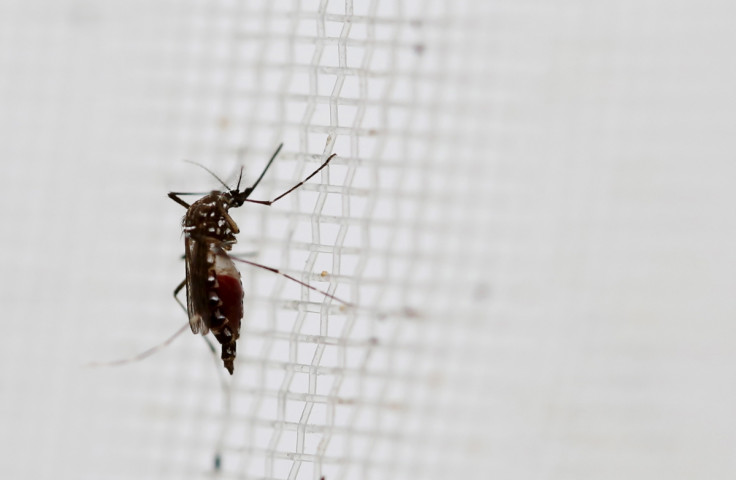Zika outbreak: Wolbachia bacteria infected mosquitoes can slow spread of virus

Scientists have confirmed that by releasing Wolbachia-infected mosquitoes into the wild, they can curb the spread of the Zika virus. Wolbachia – a bacterium that infects invertebrate species, like shrimps, spiders and parasitic worms – protects mosquitoes from the virus and reduces their ability to spread it.
According to a study published in the medical journal Cell Host & Microbe, the Aedes aegypti mosquito – the species known to spread the virus – is less capable of spreading the virus if exposed to Wolbachia bacteria.
"We are pretty sure that mosquitoes carrying Wolbachia will have a great impact on Zika transmission in the field," said Luciano A. Moreira, a biologist at the Oswaldo Cruz Foundation in Belo Horizonte, Brazil, and the lead author of the study.
Wolbachia was first discovered in 1924. Researchers realised that it could be used to target mosquito-borne infections. The bacterium targets female mosquitoes' womb and when the infected one mates with a male partner, their offspring are born infected.
"The idea has been to release Aedes mosquitoes with Wolbachia in the field over a period of a few months, so they mate with Aedes mosquitoes without Wolbachia living in the place and, over time, replace the mosquito population,"Moreira said.
He said the method is not 100% effective and would not destroy the virus completely, but this research could be used as one of the methods of combating Zika. "We have to do this alongside different approaches, like vaccines or insecticides, besides the public measures to control Aedes breeding sites," he explained.
Moreira is now discussing the use of Wolbachia in the fight against Zika with the Brazilian Ministry of Health. The team hopes to raise resources to test its effectiveness in the field.
However, others are more cautious about its potential as a Zika target. Jason L Rasgon, an entomologist at Pennsylvania State University, told the New York Times: "To me, this is an initial, preliminary study, but that's OK. Nobody has had the time to go in and do the rigorous work."
© Copyright IBTimes 2025. All rights reserved.





















